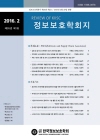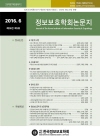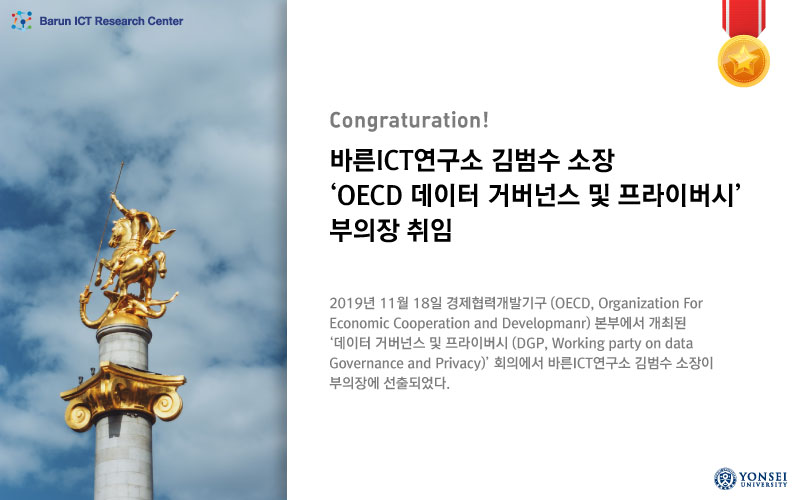[초록] SNS에 대한 기존 연구들에서는 SNS의 이용동기가 복수임을 밝혀내었음에도 불구하고, SNS 이용동기를 결정하는 선행 변수를 규명한 연구는 없었다. 이에 본 연구에서는 한국교육고용패널(한국직업능력개발원) 자료의 10차년도 조사(2013년)부터 12차년도 조사(2015)를 통합하여 분석을 진행하였다. SNS 이용동기를 정보 교류, 친목/인맥 관리, 재미 추구의 세 가지로 구분하고, 결정요인으로 이용자의 직장관련 요인, 인구통계적 요인, 건강 및 심리상태, 성격 요인 등을 구분하여 탐색적인 분석을 진행하였다. 그 결과, 이용동기가 정보 교류일 때, 성별, 건강 상태, 성격 중 외향성과 성실성이 영향을 주었다. 이용동기가 인맥 관리일 때, 직장 규모, 교육, 건강생태, 주관적 행복, 직무만족도, 신경성, 친화성이 영향을 주었다. 이용동기가 재미 추구일 때, 외국계 기업 여부, 자녀 유무, 직무만족도가 영향을 주었다. 이러한 결과는 청년 직장인들의 SNS 이용패턴에 대한 기존의 이해를 확장하여 관련 연구 및 유관 분야에 기여할 수 있을 것으로 판단된다.
[Abstract] The purpose of this study is to investigate the determinants of the SNS usage time depending on SNS motive of the youth workers. Although previous studies revealed that there are many motivations for SNS usage, it is not known which factors determine usage time of each SNS motive. In this study, we constructed the unbalanced panel data of the Korean Education & Employment Panel data. Among three different SNS motives such as information exchange, social networking, and fun pursuit, gender, physical health, extraversion, and conscientiousness affected the usage of SNS when the motivation was information exchange. When it was personal connection, the size of organization, education, physical health, subjective happiness, job satisfaction, neuroticism, and agreeableness did. When it was fun & interest, foreign company, status of children, subjective happiness, and job satisfaction did. Based on the findings, we discussed theoretical and practical implications.
[Abstract] The purpose of this study is to investigate the determinants of the SNS usage time depending on SNS motive of the youth workers. Although previous studies revealed that there are many motivations for SNS usage, it is not known which factors determine usage time of each SNS motive. In this study, we constructed the unbalanced panel data of the Korean Education & Employment Panel data. Among three different SNS motives such as information exchange, social networking, and fun pursuit, gender, physical health, extraversion, and conscientiousness affected the usage of SNS when the motivation was information exchange. When it was personal connection, the size of organization, education, physical health, subjective happiness, job satisfaction, neuroticism, and agreeableness did. When it was fun & interest, foreign company, status of children, subjective happiness, and job satisfaction did. Based on the findings, we discussed theoretical and practical implications.






